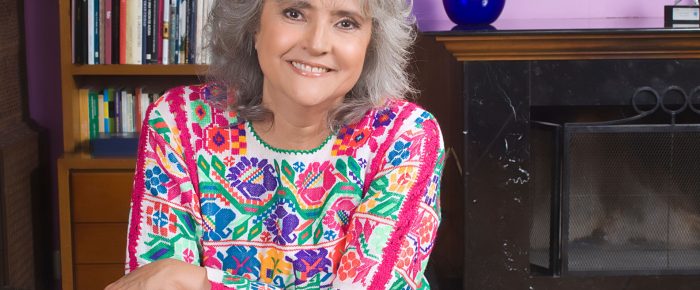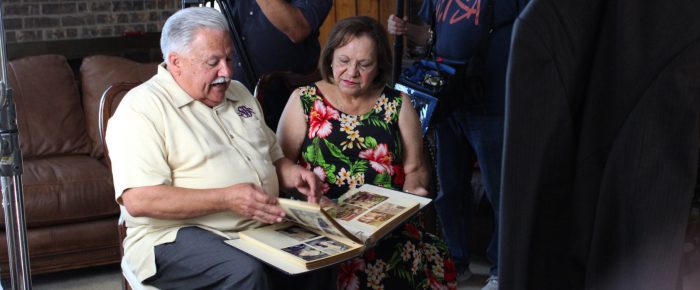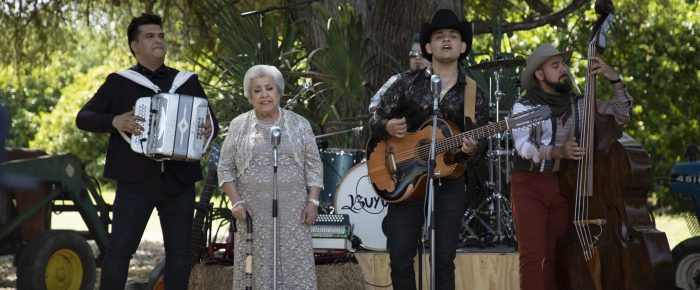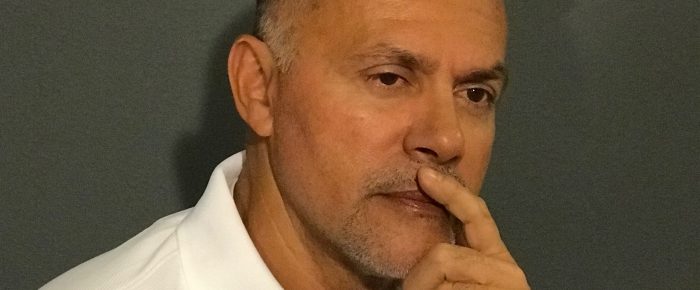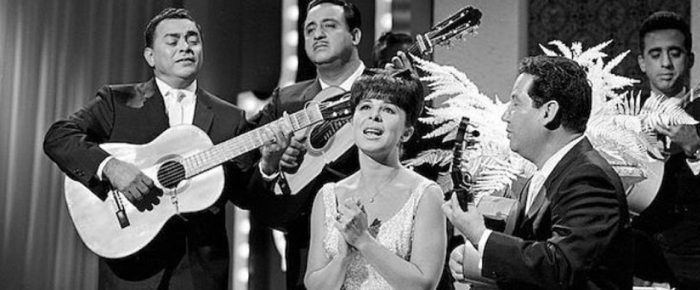Award-winning author Laura Esquivel, 70, began writing while working as a kindergarten teacher in her native Mexico. After having had written plays for her students and children’s television programs in…
Read moreAuthor of “Like Water for Chocolate” releases trilogy
